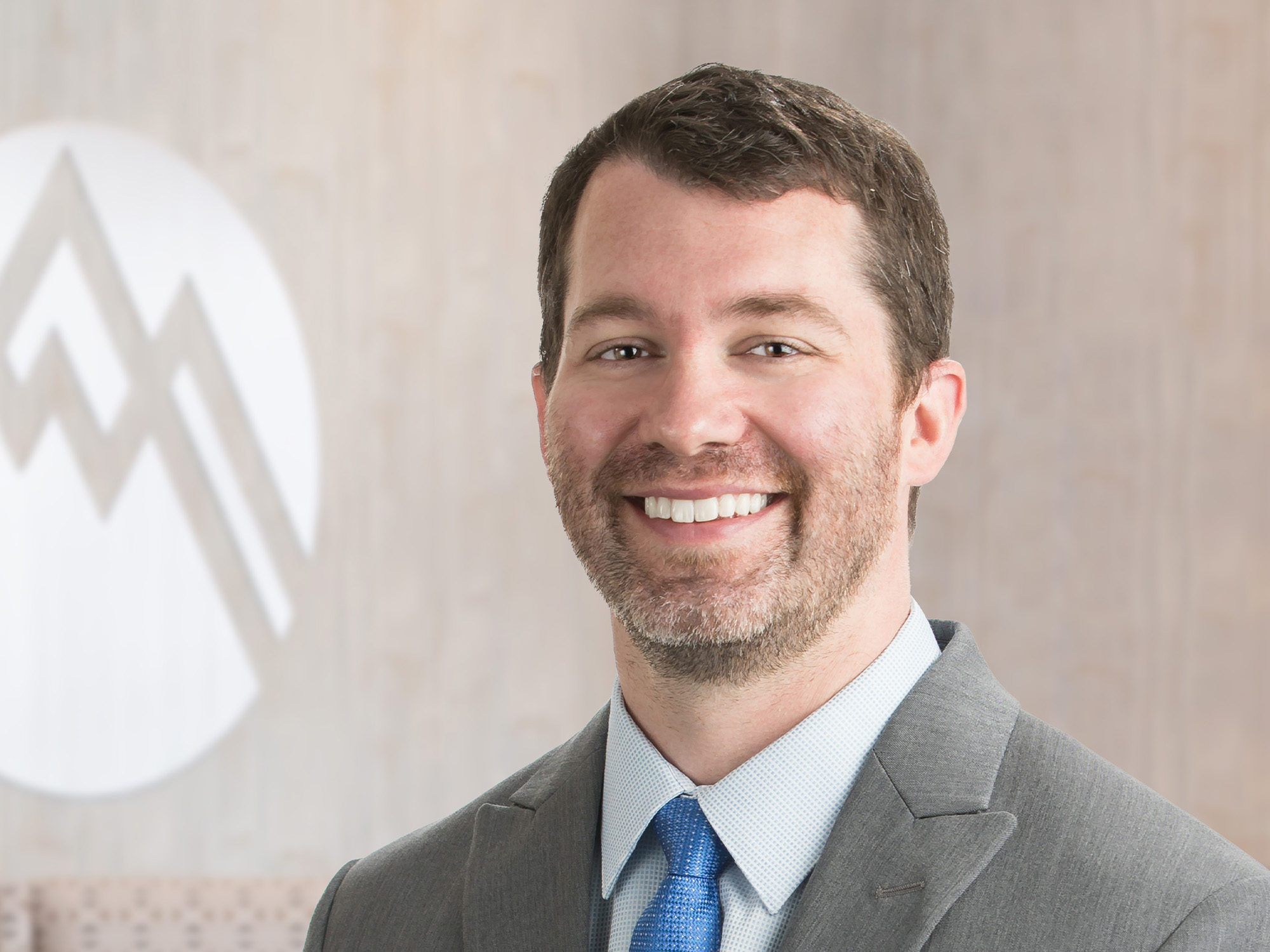We asked Matthew Nies, M.D., one of Summit’s knee replacement specialists, what his patients ask most about total knee replacement.
What are the top knee replacement surgery questions you should ask? We talked to Summit knee replacement surgery specialist Matthew Nies, M.D., to get the answers.
Top 9 knee replacement surgery questions
When can I drive? — “You have to be off narcotics, and it has to be safe to do so. Every patient is different, so the exact time frame varies,” Dr. Nies said.
When can I go back to work? — Although it depends on the type of work you do, many people start going back to work after one to three months.
What will my new knee be like? — Patients generally report that their pain is better, but some say it doesn’t exactly feel like a normal knee. “They’re happy they had it done, but it’s different,” Dr. Nies said. As far as activities go, “You’ll be able to do the same things, but with less pain. It won’t turn the clock back 20 years, but you’ll be able to get back to your activities.”
How long will I be in the hospital? — People typically spend one night in the hospital or surgery center.
What is the recovery like? — The first six weeks can be tough, since your body is healing from surgery while you are working hard in physical therapy to get it moving.
When do I start physical therapy? — Pretty much right away, Dr. Nies said. Patients are encouraged to walk a little bit on the day of surgery, which correlates to the best long-term outcomes, and physical therapy begins within the first week as well. “It can be tough, because the time that patients just want to lie in bed and heal is the time we want them to move the knee — that first six weeks is key for reestablishing range of motion,” Dr. Nies said.
Should I get a partial knee replacement instead? — It depends on your age, the anatomy of your individual knee, and other specific factors. For patients who aren’t good candidates for a partial knee, “there is a chance of wearing out the nonreplaced part of your knee and needing a total knee a few years later,” Dr. Nies said. The best thing to do is to talk through your options with your doctor.
Is this my only option? — No. “There are lots of treatments for arthritic knees that can be considered prior to doing a total or partial knee replacement,” Dr. Nies said. They fall into four buckets:

When to seek treatment for your arthritis
Arthritis doesn’t have to spell the end of an active life. We work with you to confirm a diagnosis and then develop an appropriate treatment plan. If nonsurgical treatments fail to support your lifestyle goals, fellowship-trained orthopedic surgeons will consult with you and discuss appropriate surgical options. Start your journey to healthier joints. Find your arthritis expert, then request an appointment online, or call us at (651) 968–5201 to schedule a consultation.
More resources for you

